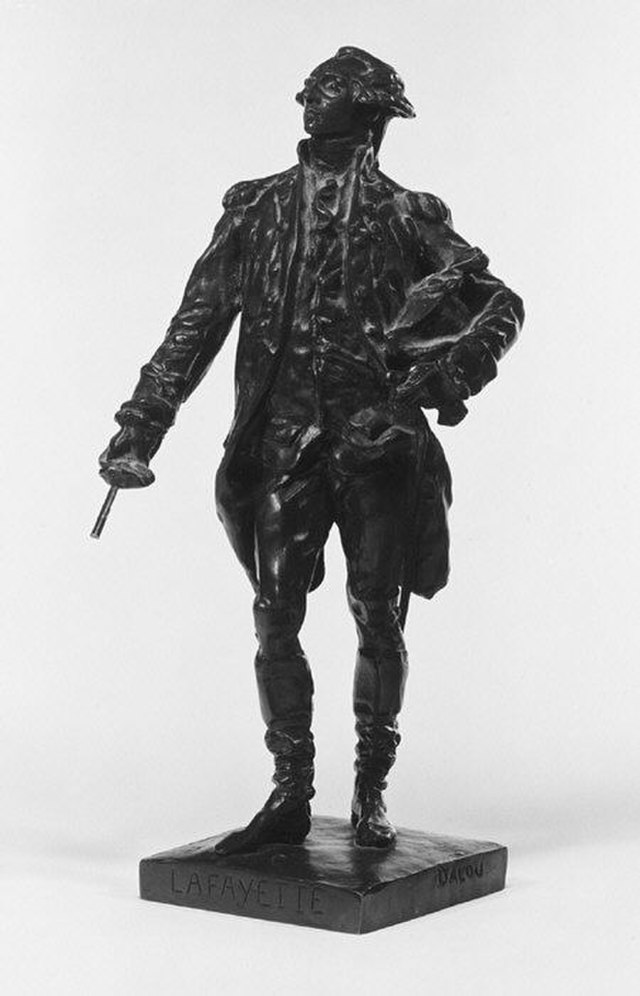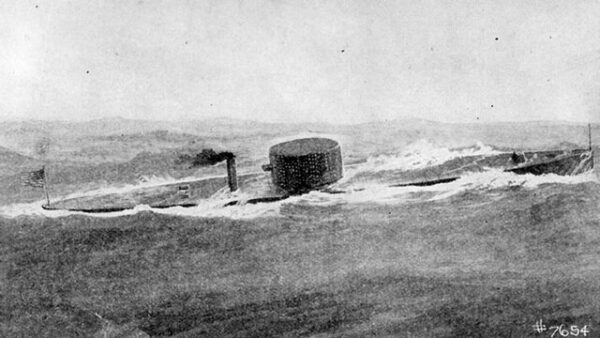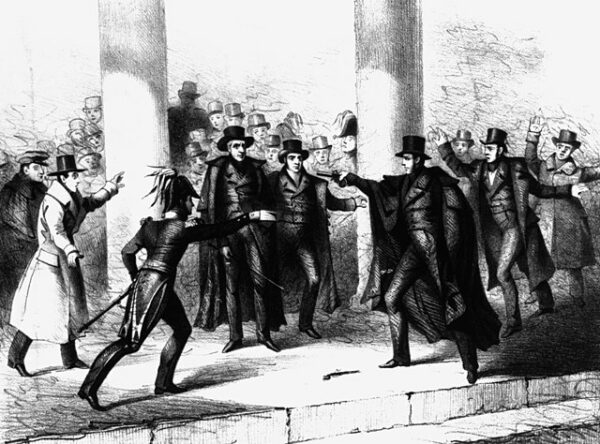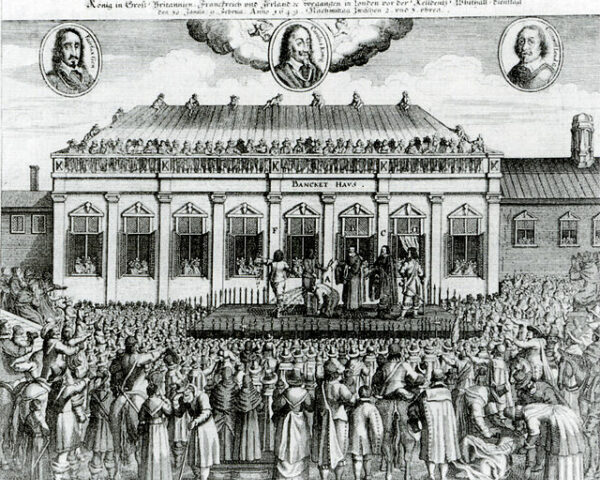On June 13, 1777, a young French aristocrat named Gilbert du Motier, the Marquis de Lafayette, landed near Charleston, South Carolina, to join the American Revolutionary cause. Barely 19 years old, Lafayette arrived not as a representative of the French crown, but as an idealistic volunteer who believed that the American struggle for independence echoed the Enlightenment ideals he cherished. His arrival, initially met with skepticism, would ultimately prove transformative for both the Continental Army and the fate of the American Revolution.
Lafayette’s voyage was neither sanctioned nor encouraged by the French government. At the time, France remained officially neutral, cautious not to provoke war with Britain. Yet Lafayette—born into one of France’s wealthiest noble families and already an officer in the royal army—defied orders, purchased a ship with his own funds, and sailed across the Atlantic to fight in a foreign rebellion. His decision shocked his family and scandalized the court, but Lafayette saw the American Revolution as a noble cause that transcended national boundaries—a laboratory for liberty, equality, and popular sovereignty.
Upon arrival in South Carolina, Lafayette journeyed north through a war-torn landscape to reach Philadelphia, where the Continental Congress was convened. Although Congress had grown wary of foreign officers—many of whom were glory-seekers demanding high rank without merit—Lafayette distinguished himself by refusing pay and requesting only the chance to serve. Benjamin Franklin, then in France, had written ahead on his behalf, but it was ultimately Lafayette’s humility and passion that won over American leaders. On July 31, 1777, Congress commissioned him a major general in the Continental Army.
Lafayette’s military contributions began in earnest at the Battle of Brandywine in September 1777, where he was wounded but refused to leave the field. His bravery earned the admiration of General George Washington, who soon treated the young Frenchman as both a trusted confidant and surrogate son. This relationship became one of the most consequential of the war, as Lafayette’s loyalty to Washington helped cement Franco-American cooperation and shaped military strategy.
Beyond the battlefield, Lafayette’s most crucial role may have been diplomatic. His letters and personal influence in Versailles helped shift French public and political opinion toward the American cause. While France would not formally enter the war until 1778, Lafayette’s reports were instrumental in convincing King Louis XVI’s ministers that the rebellion had a viable chance of success. When France finally committed troops, ships, and supplies to the war effort, it marked a decisive turning point in the revolution—a turn Lafayette helped engineer.
Lafayette returned to France in 1779 to further lobby for support, then came back to America in 1780 with more resources and renewed determination. He played a key role in the Virginia campaign of 1781, delaying British forces under General Cornwallis and setting the stage for the Franco-American siege at Yorktown. When Cornwallis surrendered in October, Lafayette stood among the victors—an embodiment of the alliance that made American victory possible.
His legacy, however, stretches beyond the battlefield. Lafayette came to symbolize transatlantic revolutionary idealism. For Americans, he was the “Hero of Two Worlds,” a foreign noble who had risked everything for the cause of liberty. For the French, he would later become a key figure in their own Revolution, advocating for constitutional monarchy and the rights of man. Though that revolution would devour many of its champions, Lafayette survived prison, exile, and political disgrace to emerge as a revered elder statesman.
The landing of Lafayette near Charleston on June 13, 1777, was thus more than the arrival of a foreign volunteer—it was the beginning of an enduring alliance and a living embodiment of the revolutionary spirit that defined the late eighteenth century. In pledging his sword to a cause not his own, Lafayette helped forge a new nation and left an indelible mark on two continents’ pursuit of freedom.






